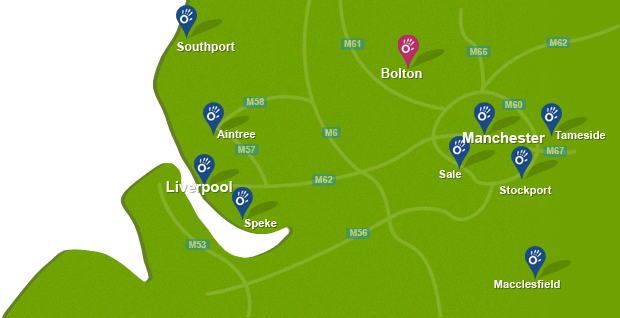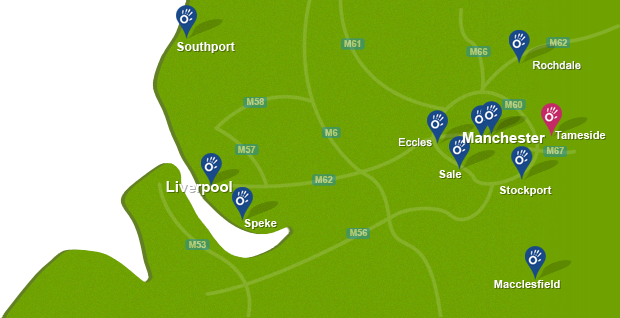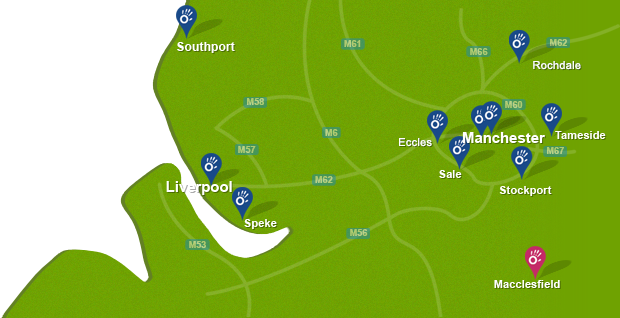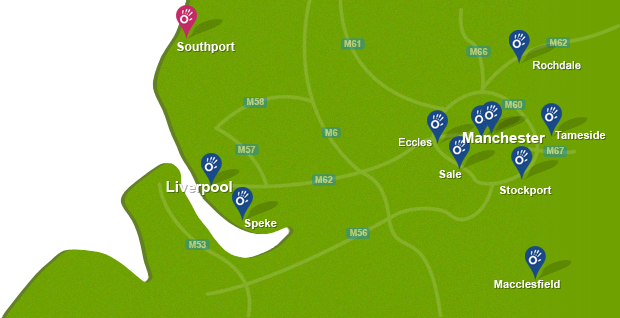What is Facial Palsy?
Facial palsy is loss of muscle function (paralysis) in the face due to damage to the facial nerve that supplies the muscle. This causes muscle weakness in parts of the face making facial and eye movements difficult.
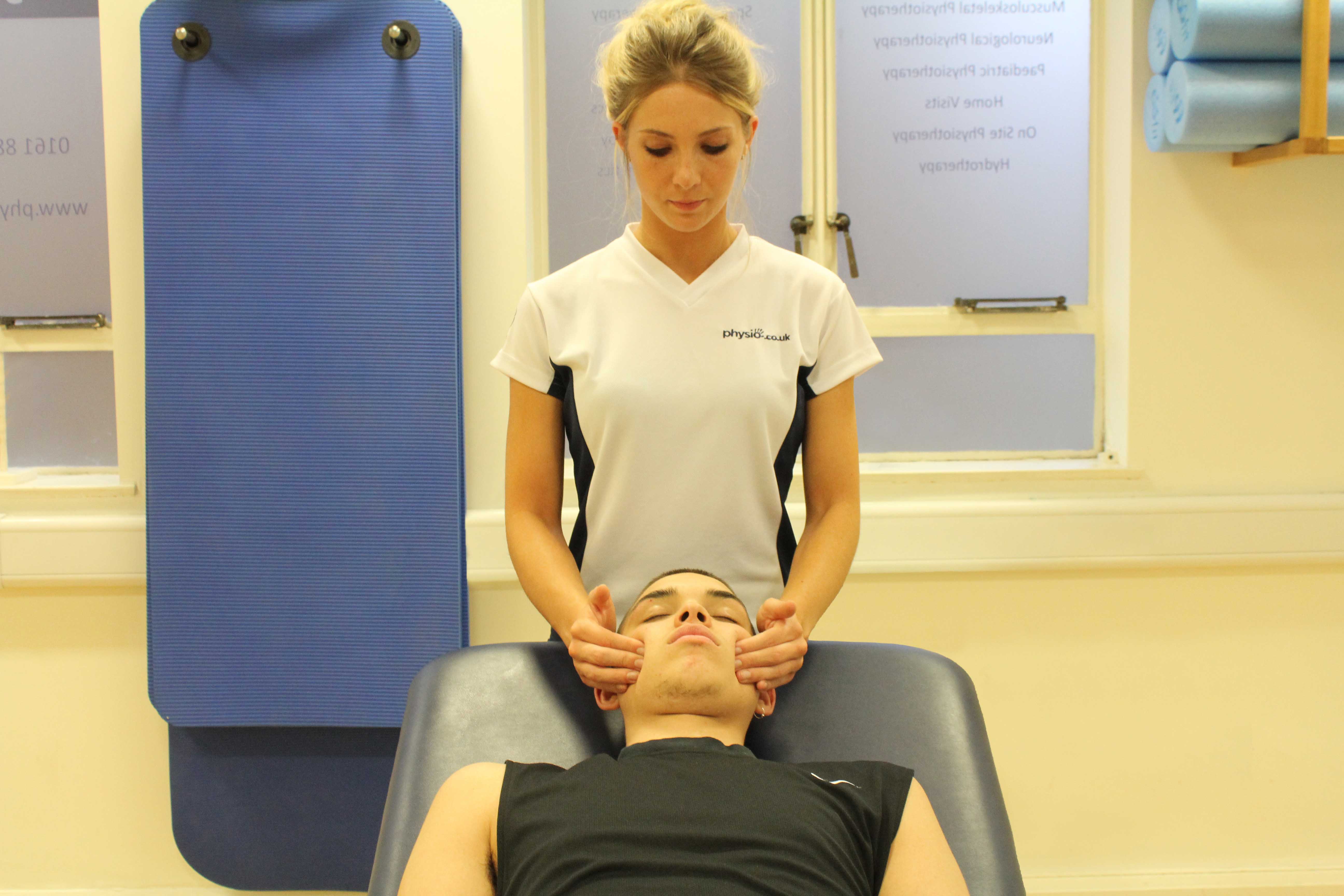 Above: Soft tissue massage of head and face to releive stiffness and stimulate neurological repair
Above: Soft tissue massage of head and face to releive stiffness and stimulate neurological repairWhat causes Facial Palsy?
The exact cause of Facial Palsy is unknown, however, it can be caused by the herpes simplex virus, which inflames the nerve that controls the muscles in your face. When the nerve becomes inflamed, the signals are not sent properly through this nerve leading to weakness and paralysis of the face.
Diagnosis of Facial Palsy?
A diagnosis of Facial Palsy will be confirmed by your GP, who will ask you about your symptoms and undertake a thorough physical examination. Your GP may refer you to a neurologist or an ear, nose and throat specialist for further examination if necessary.
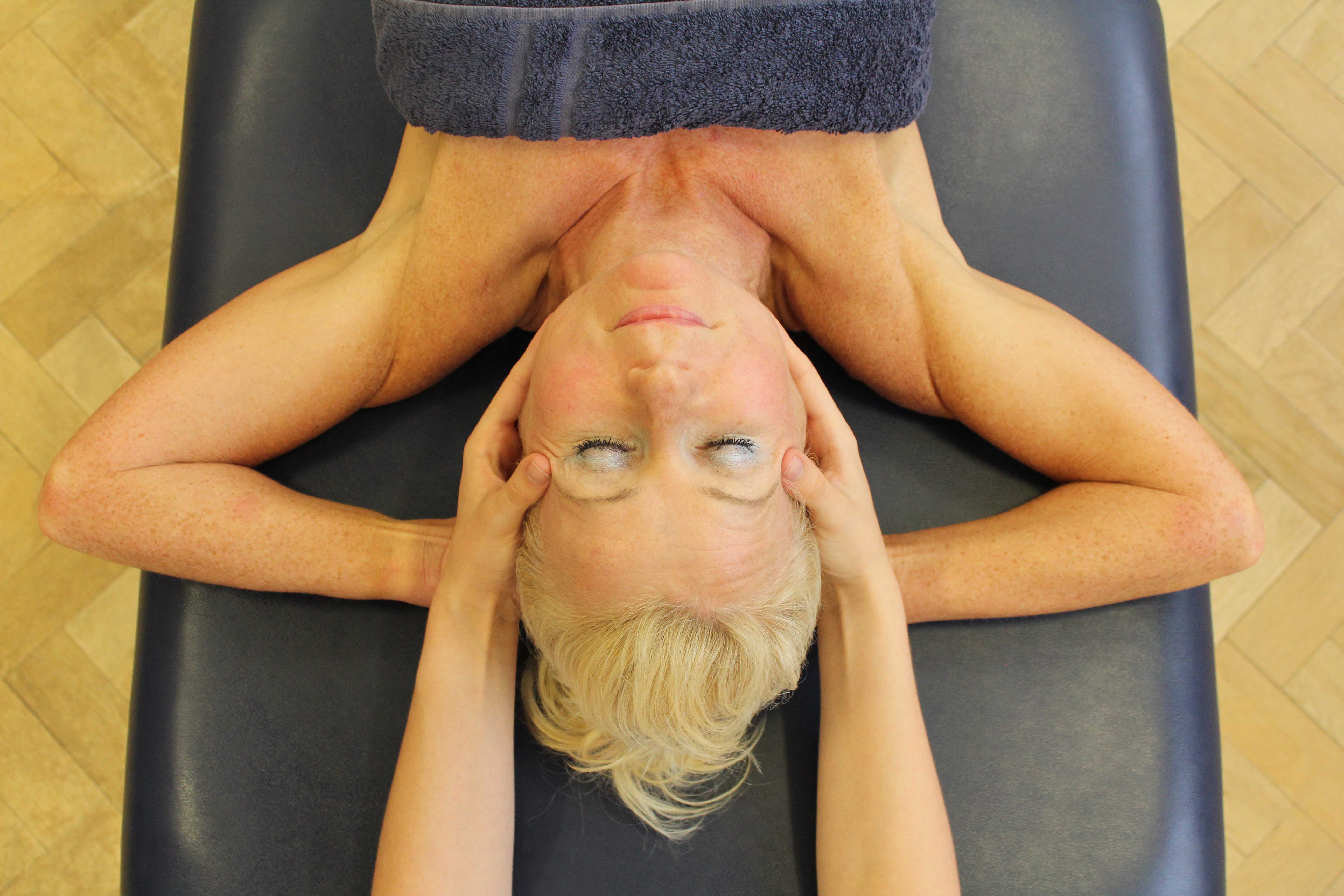 Above: Soft tissue massage of head and face to releive stiffness and stimulate neurological repair
Above: Soft tissue massage of head and face to releive stiffness and stimulate neurological repairWhat are the symptoms/effects of Facial Palsy?
The symptoms of Bell's palsy usually come on suddenly, often within a few hours or overnight. The main symptom is that one side of your face becomes weak or paralysed. Other symptoms may include:
- Difficulty closing your eyes.
- Irritation in the eye because it does not blink and becomes too dry.
- Parts of the face may droop, such as one side of the mouth.
- Difficulty with facial expressions such as smiling and lifting the eyebrow.
- Altered taste
- Increased sensitivity to sound
- Pain in front or behind the ear on the affected side.
Physiotherapy for facial palsy
At Manchester Physio, our specialised physiotherapists are experienced at treating people with facial palsy. Physiotherapy treatment will help you regain your maximum function as soon as possible and provide you with advice and support throughout your rehabilitation. Physiotherapy treatment will be focused on:
- Increasing range of movement
- Increasing control of facial movements
- Improving your facial expressions
- Improving your eye movements
- Enhancing self-esteem
- Returning you to activities such as speaking, eating and closing the eyes as soon as possible.
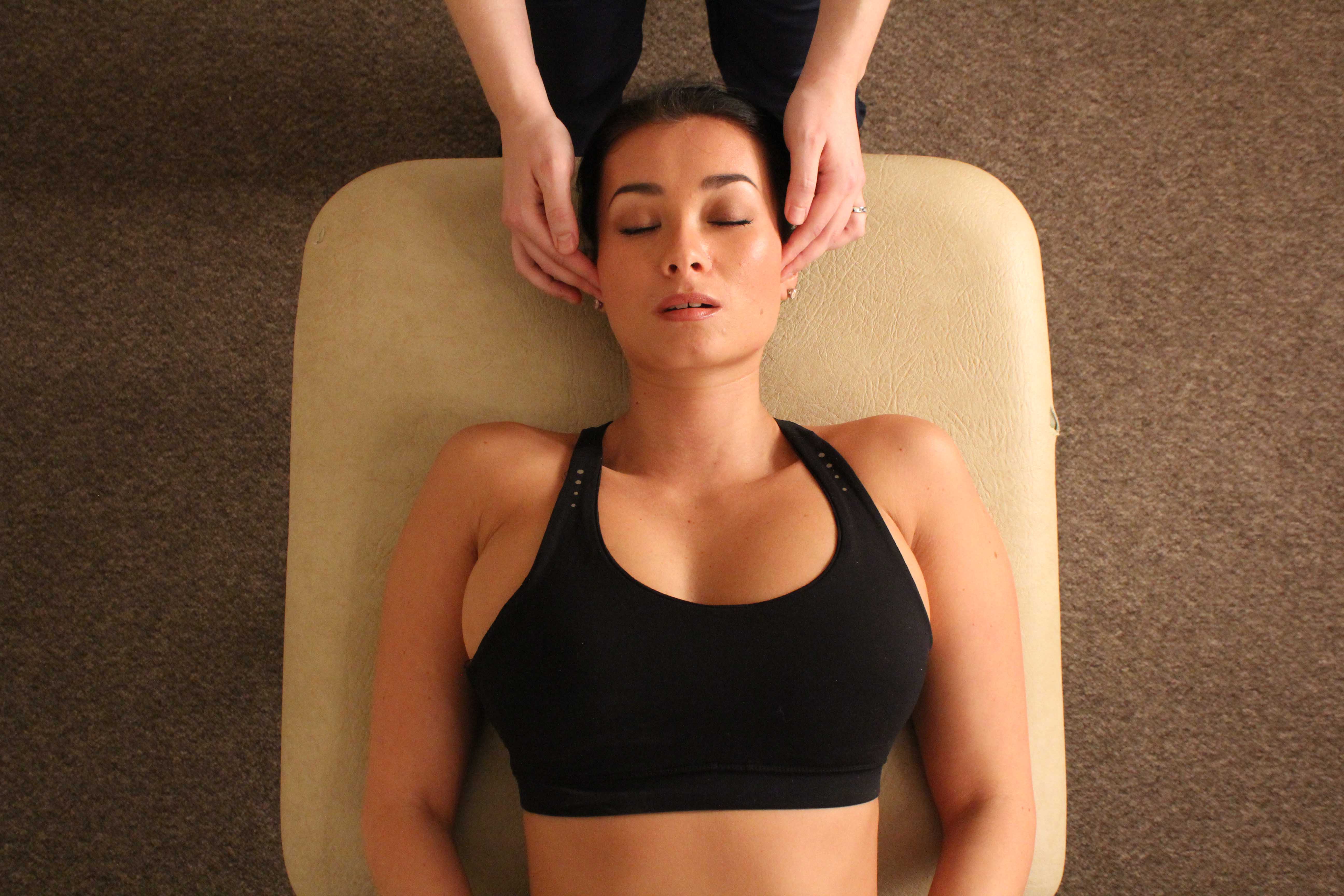 Above: Soft tissue massage apllied to the head and face to releive aching and stimulate repair of muscular inervation
Above: Soft tissue massage apllied to the head and face to releive aching and stimulate repair of muscular inervationYour physiotherapist at Manchester Physio will initially assess how your facial movements have been affected by facial palsy in order to develop a rehabilitation program tailored to you. At Manchester Physio our physiotherapists understand the impact facial palsy can have on your life and everyday function. Physiotherapy treatment at Manchester Physio will be centred on your individual needs and may include:
- Stretching exercises to regain rising of eye brow and the movement of the corner of mouth.
- Structured exercise program including passive and active movement to enhance muscle function.
- Electrical Stimulation to preserve the bulk of facial muscle and to prevent atrophy
- Massage applied over the paralysed muscles helps maintain skin suppleness and muscle elasticity. Massage is also used to help maintain blood flow to the area and prevent contractures.
- Activities to improve sensation such as brushing, tapping or brisk stroking may be applied along the length of the muscles
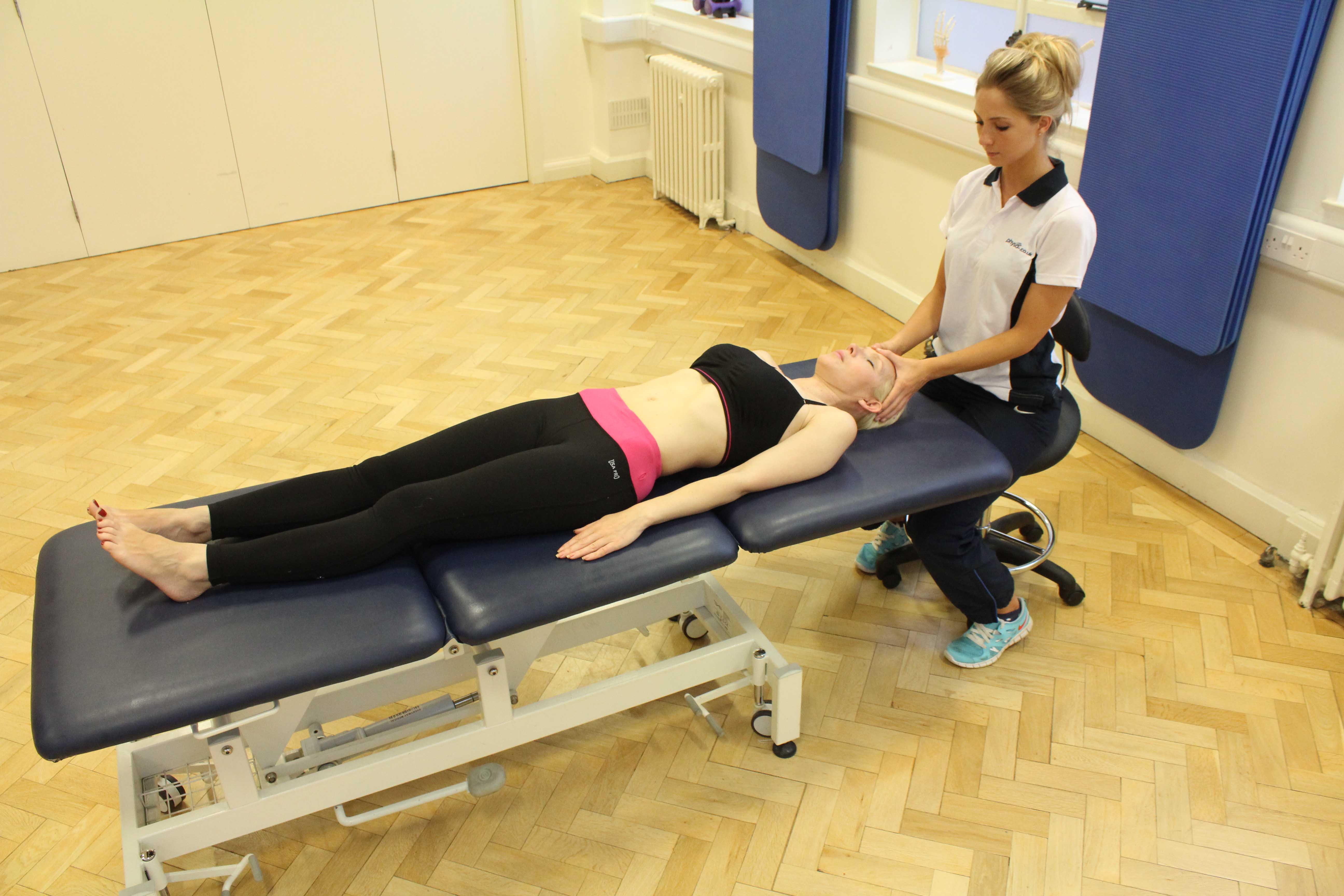 Above: Massage of the facial muscles to stimulate damaged neurological tissue repair
Above: Massage of the facial muscles to stimulate damaged neurological tissue repairFor more information about how physiotherapy can help you or to book an appointment please call 0161 883 0077.


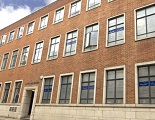
 0800 033 7800
0800 033 7800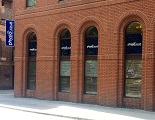

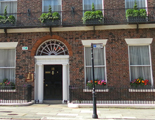
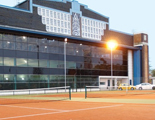






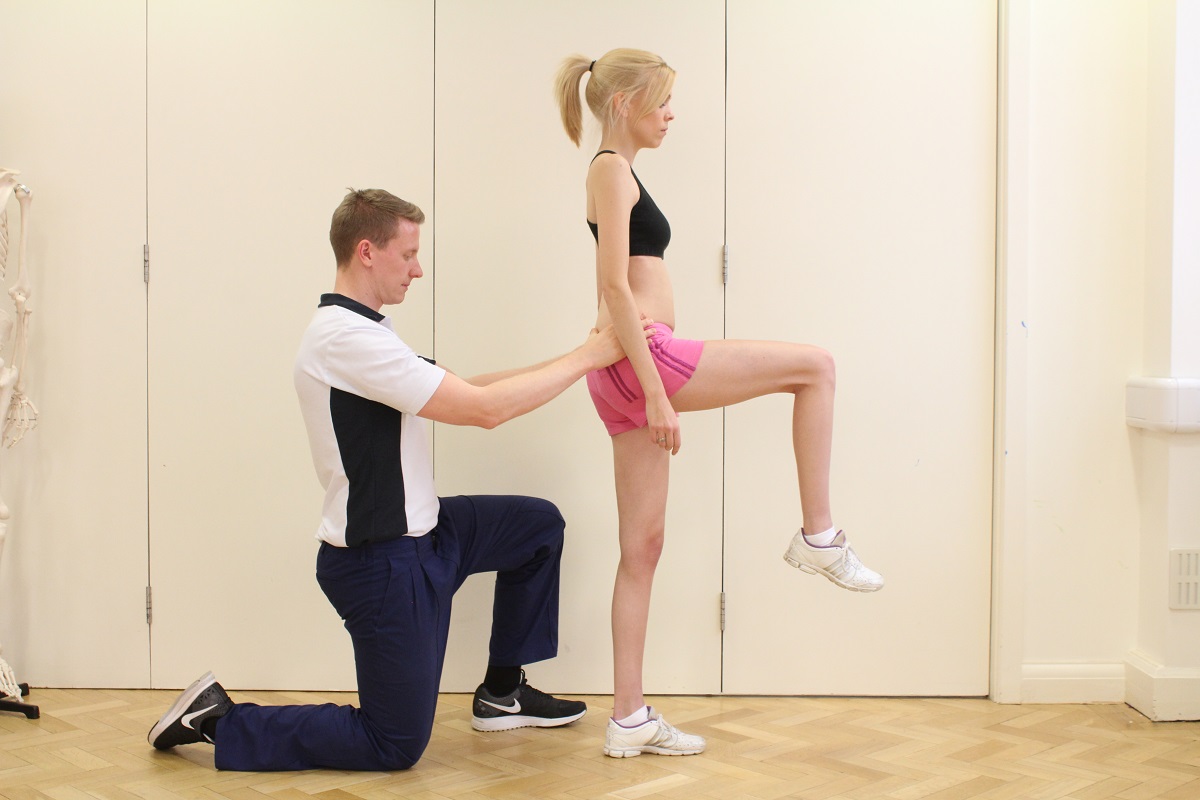
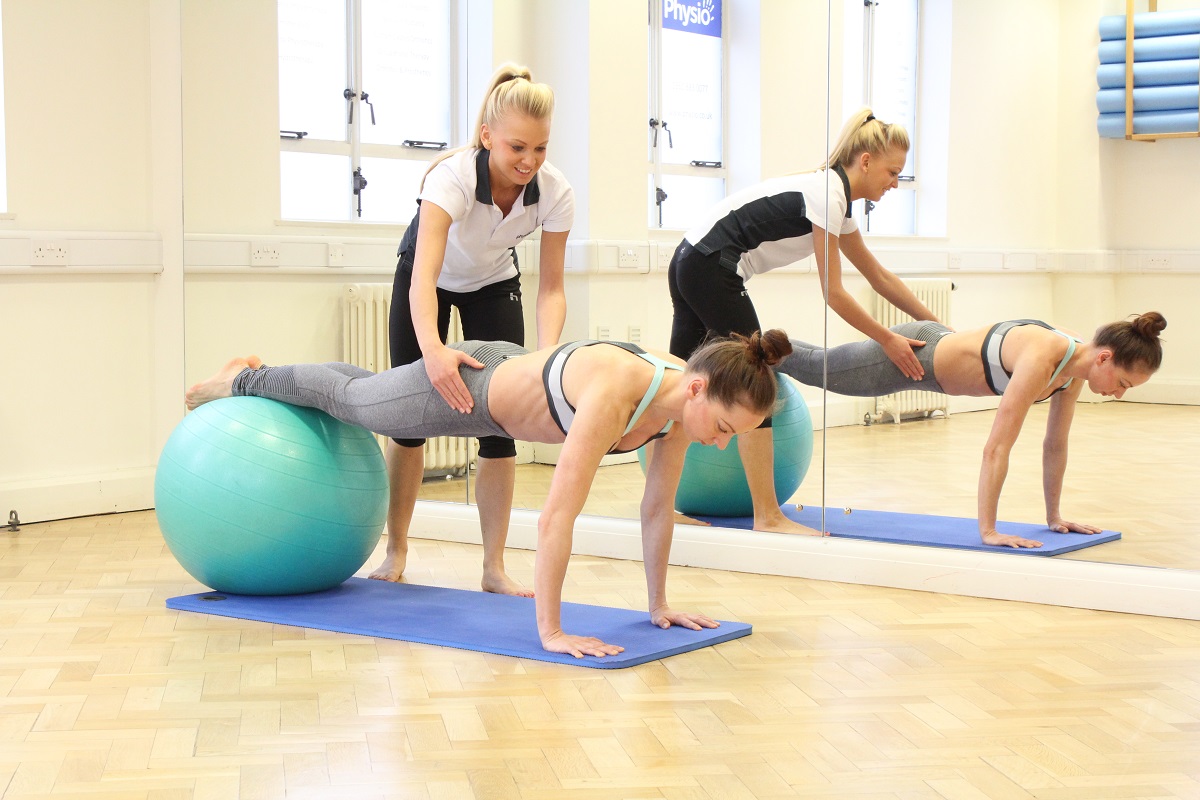
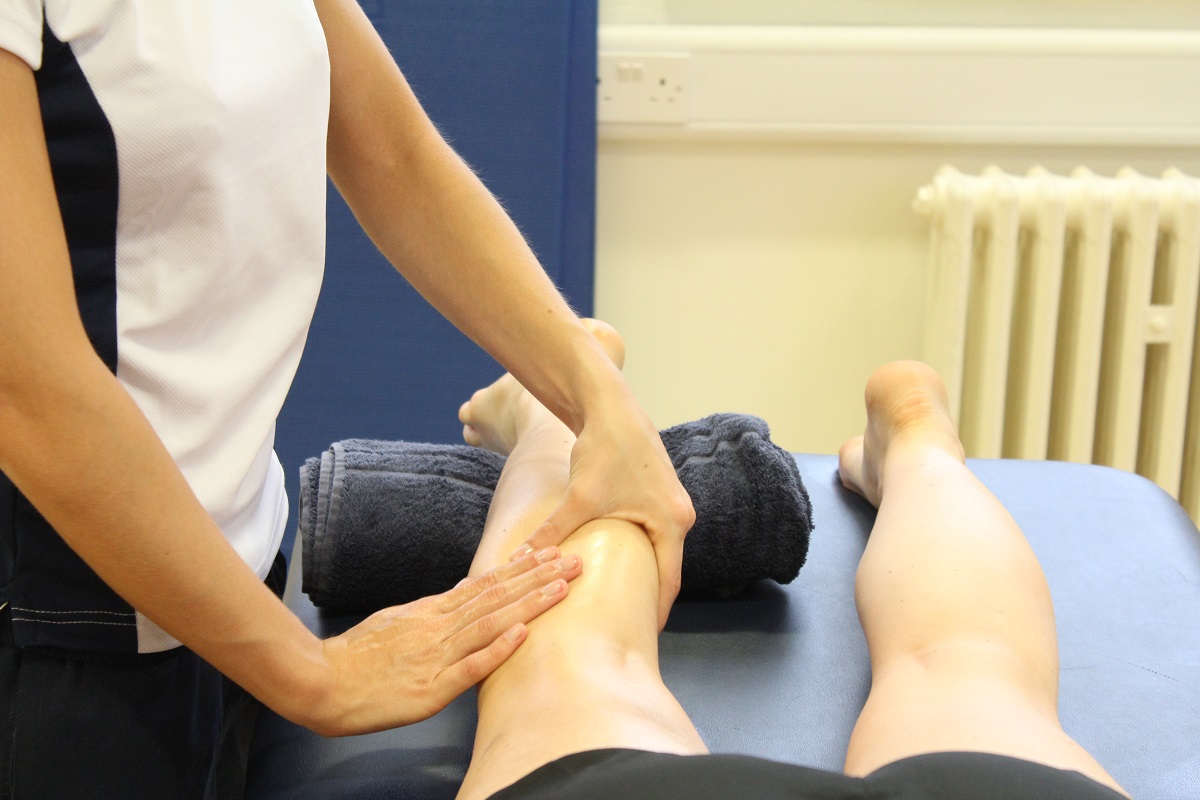
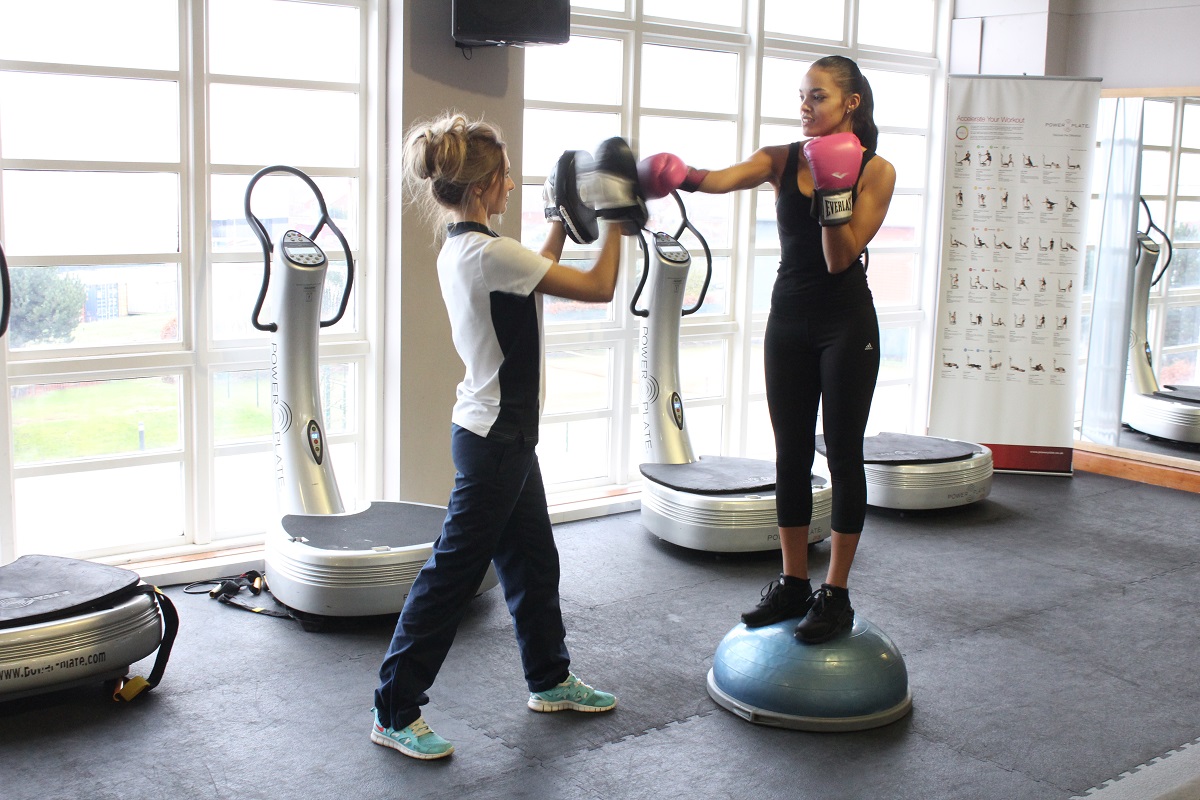


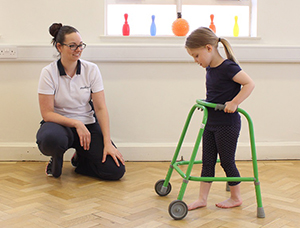
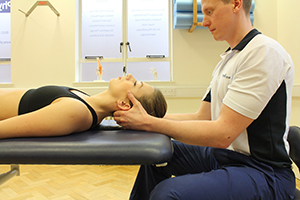
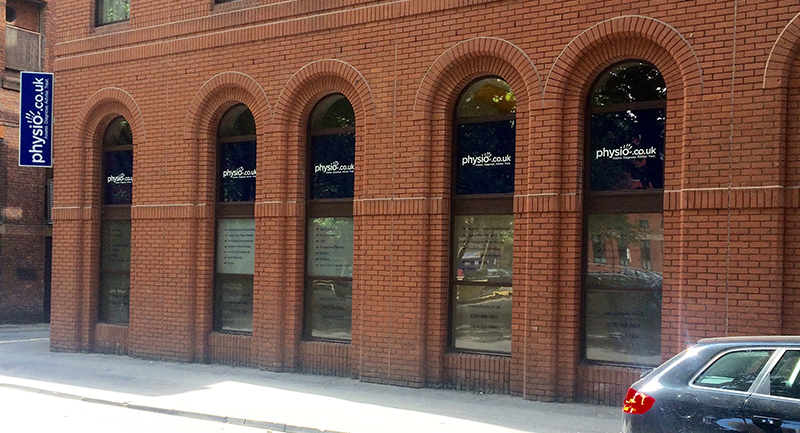
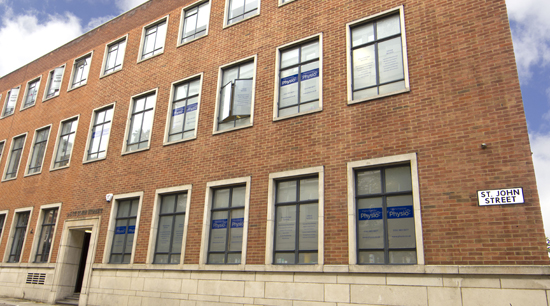


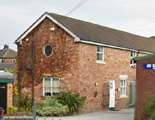
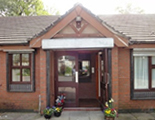



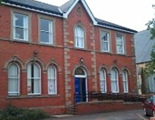



























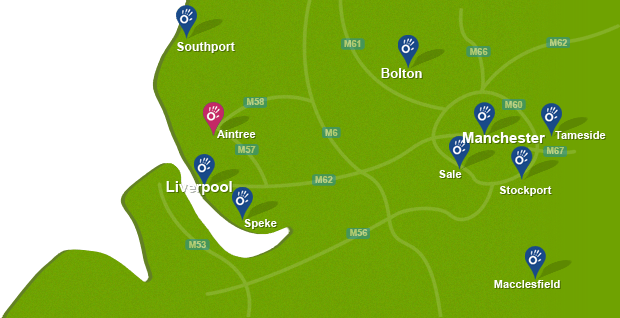

 f
f
